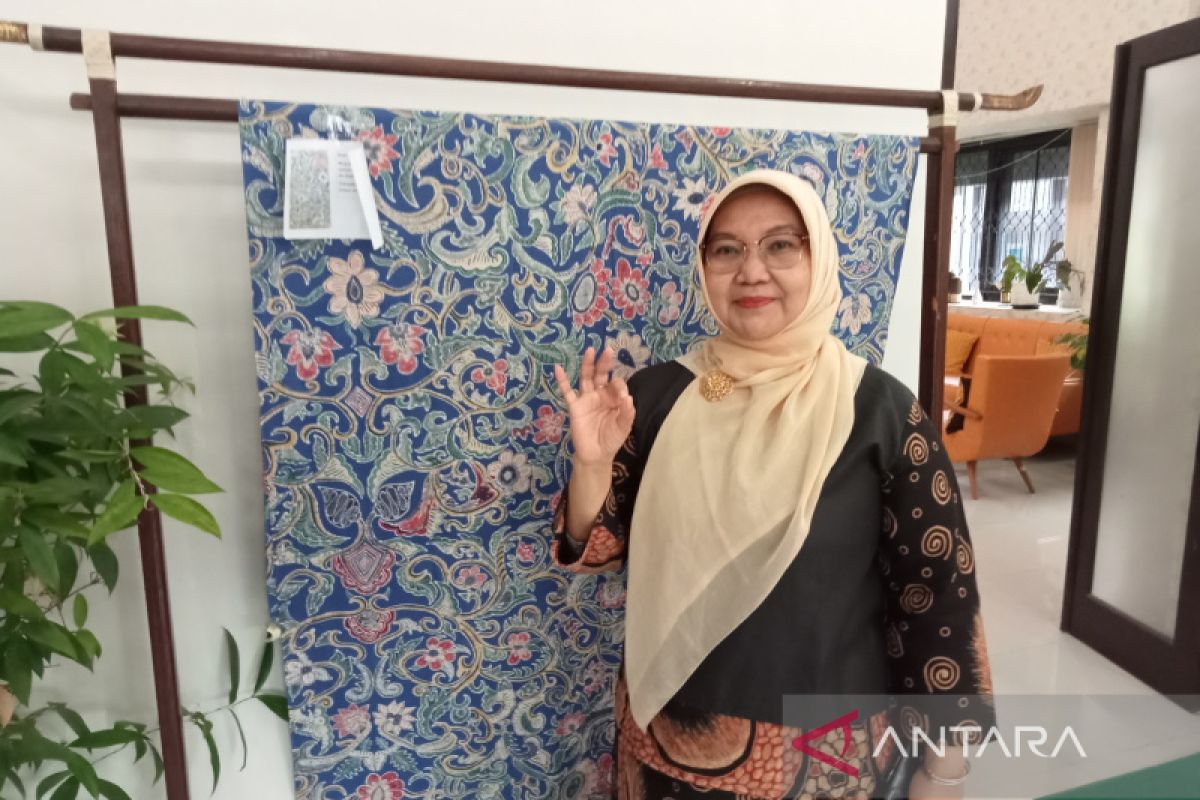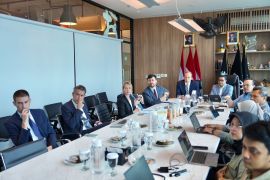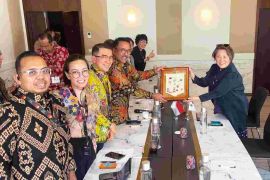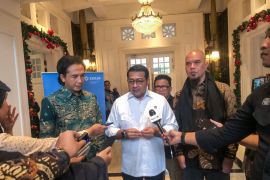"These unlimited resources will encourage the industry to be able to compete in the global market," Secretary of the Standardization and Industrial Services Policy Agency at the Industry Ministry Ratna Utarianingrum noted in her remarks at the 2022 National Seminar on Crafts and Batik Industries hosted at the Centre for Standardization and Services for the Handicraft and Batik Industry (BBSPJIKB) Yogyakarta, as quoted from a press release on Wednesday.
Utarianingrum highlighted that the handicraft and batik industry had significantly contributed to the national economy, and its products were in demand in the global market.
The Industry Ministry stated that batik exports in 2021 were valued at US$46.24 million, and in the first half of 2022, the value had reached US$27.42 million. Furniture and handicraft exports in 2021 were recorded to reach US$3.46 billion, or up 27.23 percent from the previous year.
"These two sectors have, so far, relied on the use of local raw materials, so they have great potential to continue to be developed by cooperating with various agencies, associations, industry players, and practitioners," Utarianingrum stated.
One of the efforts being pursued by the centre was to hold the 2022 National Seminar on the Handicraft and Batik Industry that brought up the theme of "Local Wisdom for the Recovery and Awakening of the Handicraft and Batik Industry."
Related news: Indonesia plays important role in globalizing creative industry: FM
Head of BBSPJIKB at the Industry Ministry Hendra Yetty said that 58 speakers and around 250 participants from industry players, government institutions, academics, culturalists, and batik lovers, or observers were present at the event.
She expected that the 2022 National Seminar on Crafts and Batik Industries could be used as a platform to promote, discuss, and share information related to development of the creative industry, especially of handicrafts and batik.
It can also broaden the people's understanding of traditional crafts and batik as well as other aspects, so that cultural preservation can be realized in a positive manner.
"It is an inspiration for everyone that the Indonesian handicraft and batik industry can survive and rise from the world crisis and the impact of the COVID-19 pandemic and assist the development of science and culture related to batik, handicrafts, and other aspects," Yetty concluded.
Related news: Indonesia helping put creative industry on global agenda: ministry
Related news: Minister pushes for optimal growth of creative industry
Translator: Hery Sidik, Mecca Yumna
Editor: Suharto
Copyright © ANTARA 2022












